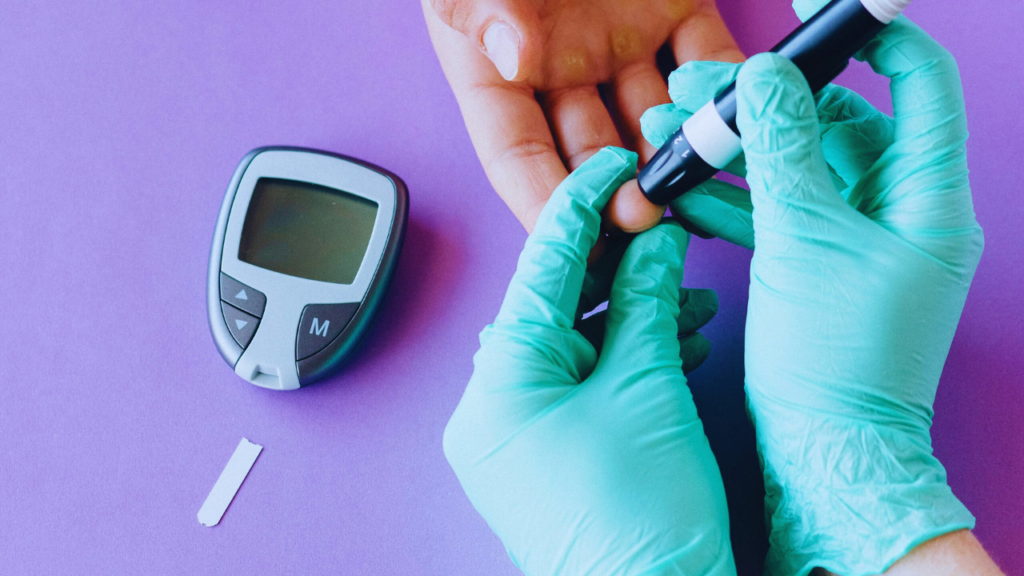Type 2 diabetes, a chronic condition affecting millions worldwide, is characterized by the body’s inability to effectively use insulin. While lifestyle modifications are often the first line of defense, many individuals may require additional treatment options to manage their blood sugar levels. This comprehensive guide explores the top 10 treatment options for type 2 diabetes, providing insights into their mechanisms of action, potential benefits, and considerations.

1. Oral Medications:
- Metformin: The cornerstone of oral diabetes treatment, metformin works by reducing glucose production by the liver and improving insulin sensitivity.
- Sulfonylureas: These medications stimulate the pancreas to release more insulin.
- Thiazolidinediones (TZDs): TZDs enhance insulin sensitivity in tissues like muscle and fat.
- DPP-4 Inhibitors: By inhibiting the enzyme DPP-4, these drugs increase the levels of incretin hormones, which stimulate insulin release and suppress glucagon secretion.
- GLP-1 Receptor Agonists: These medications mimic the action of incretin hormones, leading to improved glucose control and weight loss.
- SGLT2 Inhibitors: By blocking the reabsorption of glucose in the kidneys, SGLT2 inhibitors promote glucose excretion in urine, lowering blood sugar levels.
2. Insulin Therapy:
- Basal Insulin: This type of insulin provides a steady, long-acting background level of insulin.
- Bolus Insulin: Rapid-acting insulin is used to cover carbohydrate intake before meals.
- Combination Therapy: Many individuals with type 2 diabetes require a combination of basal and bolus insulin for optimal blood sugar control.
3. Lifestyle Modifications:
- Dietary Changes: A healthy diet low in carbohydrates and saturated fats can significantly improve blood sugar control.
- Regular Exercise: Physical activity helps increase insulin sensitivity and promote weight loss.
- Weight Management: Maintaining a healthy weight is crucial for managing type 2 diabetes.
4. Bariatric Surgery:
- For individuals with severe obesity and type 2 diabetes, bariatric surgery can lead to significant weight loss and improved blood sugar control.
Choosing the Right Treatment:
The optimal treatment plan for type 2 diabetes is individualized and depends on various factors, including:
- Blood Sugar Levels: The severity of hyperglycemia will influence the choice of treatment.
- Lifestyle Factors: Adherence to diet, exercise, and weight management goals is essential.
- Other Health Conditions: Coexisting medical conditions may affect treatment options.
- Patient Preferences: Individual preferences and concerns should be taken into account.
It’s important to consult with a healthcare provider to determine the most appropriate treatment approach for your specific needs. Regular monitoring of blood sugar levels, HbA1c, and other relevant parameters is crucial for assessing treatment effectiveness and making necessary adjustments.
